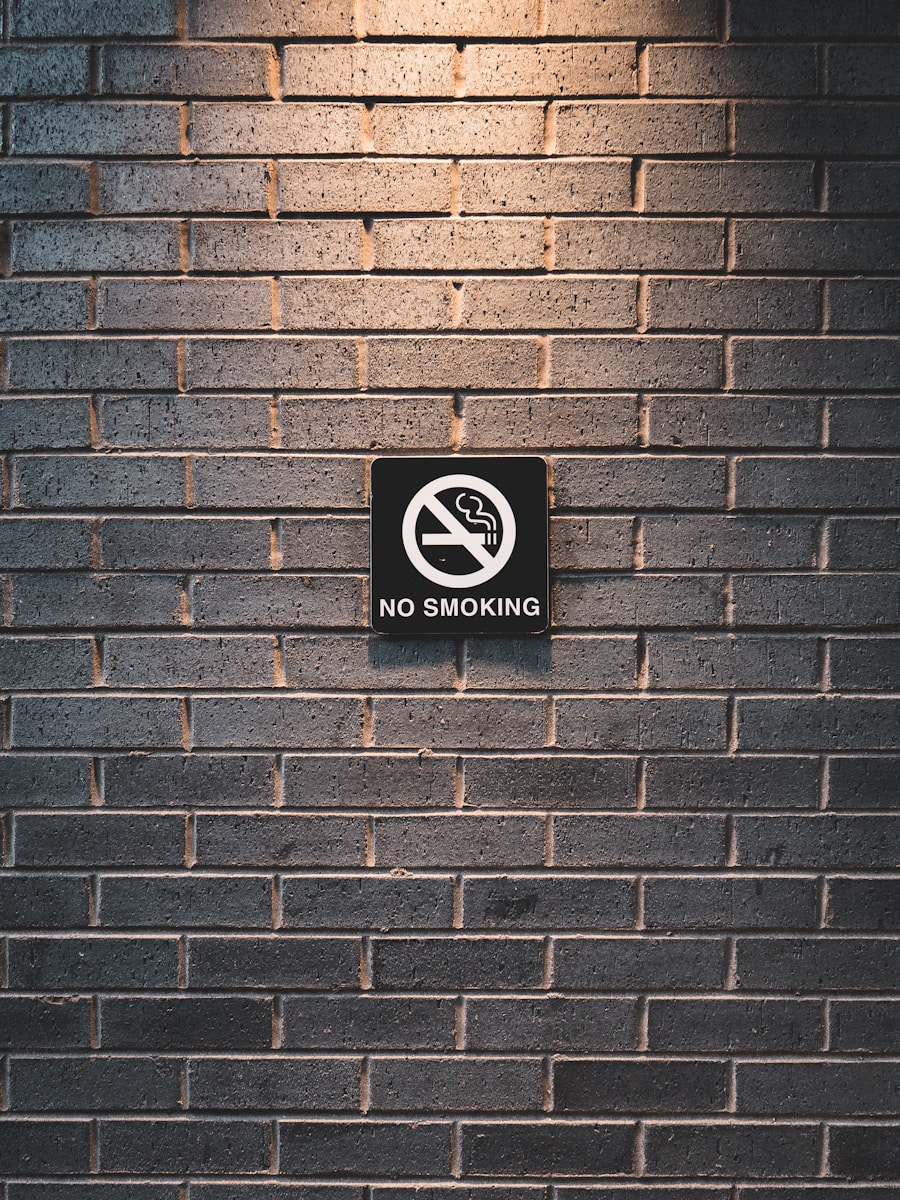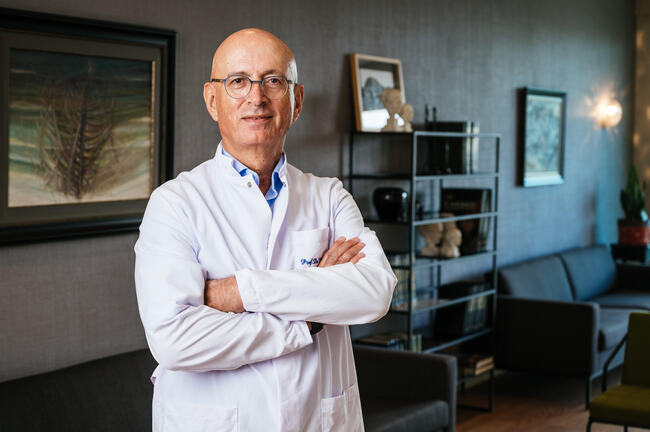Smoking. It’s a word that conjures up images of the 1920s in the USA, the now-illegal tobacco adverts in the 1950s, and, of course, the images that can now be seen on boxes of cigarettes around the world.
In the last 25 years, the number of people who smoke cigarettes and cigars has dropped. In 2023, in the UK, studies have found that around 13% of people, or roughly 1 in 8 people, smoke. This is a drastic change from back in 2000 when the percentage of those who smoked was nearly triple this figure at 38%.
There are many reasons for the decline in smoking the world over, such as the availability of smoking cessation clinics, and people being more aware of the health risks associated with smoking. Also, the rise in vaping and e-cigarettes has also had a drastic impact on the number of people who smoke tobacco.
Now, onto the part that many people don’t want to think about. If you smoke, there are health risks, some of which you may have never heard of and considered. This isn’t a lecture but more of an informative article, so read on to learn more about how smoking impacts your health.
Lungs
Starting with the “big one,” most people are aware of how smoking impacts the lungs. The images of blackened or smoker’s lungs have been seen by almost anyone who has been to a doctor’s surgery, but of course, smoking does more to the lungs than change their color.
It can cause asthma (or worsen it) as well as chronic obstructive pulmonary disease (COPD), chronic bronchitis, emphysema, and, of course, lung cancer.
If you recognize some of these signs of lung cancer or any of the other health concerns mentioned here, please contact your medical doctor or an organization like the Moffitt Cancer Center (Tampa, Florida) for advice on testing and treatment options.
Symptoms of cancer of the lungs include wheezing, coughing, shortness of breath, and a wet cough that can produce phlegm or blood. So, be vigilant and report these signs or any others to your doctor.
Teeth
Smoking also does more to your teeth than just stain them yellow. As you’re breathing in heated smoke, this can and does cause your mouth to become dry. What’s so bad about that? It heightens the chance of developing tooth decay, gum disease, and ulcers. Also, if you smoke, you’re at a higher risk of developing oral cancer, which can appear as a lump or recurring ulcer in the mouth.
So, make sure you stay up to date with your dental checkups, as oral cancer screening is one of the core parts of a standard dental visit.
Skin
Is the skin really that important when it comes to smoking? Well, yes. When you smoke, you increase your chances of developing all kinds of cancers, with the chances of developing squamous cell carcinoma (SCC) jumping to 52%.
If you want to stay radiant later in life, smoking can hinder this, too, as it prevents the production of collagen, heightening the chance of you developing wrinkles, age spots, and fine lines. It can also cause dehydration of your skin, giving your skin a grey hue. Not pretty!
Brain
Your brain has some rather simple needs in order to function, with one of them being oxygen. If you smoke, you’re lacing the oxygen that goes to the brain with a lot of very harmful chemicals.
Smokers are at a higher risk of developing brain cancers, Alzheimer’s, and other kinds of dementia, as well as strokes and blood clots. Numerous studies have found that it can impact memory and information processing overall, as well as reduce both white and grey matter in the brain. So, for your mental and cognitive health, it’s best to kick the habit.
Heart
Last but certainly not least, smoking can cause an array of problems with the heart. The nicotine in cigarettes and cigars can cause heart arrhythmias to form, making your heart rate irregular. This can cause or heighten dizzy spells and, in some cases, cause fainting spells, too.
Smoking can also trigger a condition known as cardiac fibrosis, which is, in simple terms, scarring of the heart muscle. The heart needs to be pretty flexible to pump blood, and if there’s any scar tissue, it needs to work harder to do its job. The long-term result is an increased chance of a heart attack or angina.
If you want to quit smoking and need some support to do so, please contact your medical doctor or smoking cessation clinic today. It’ll be worth it!







